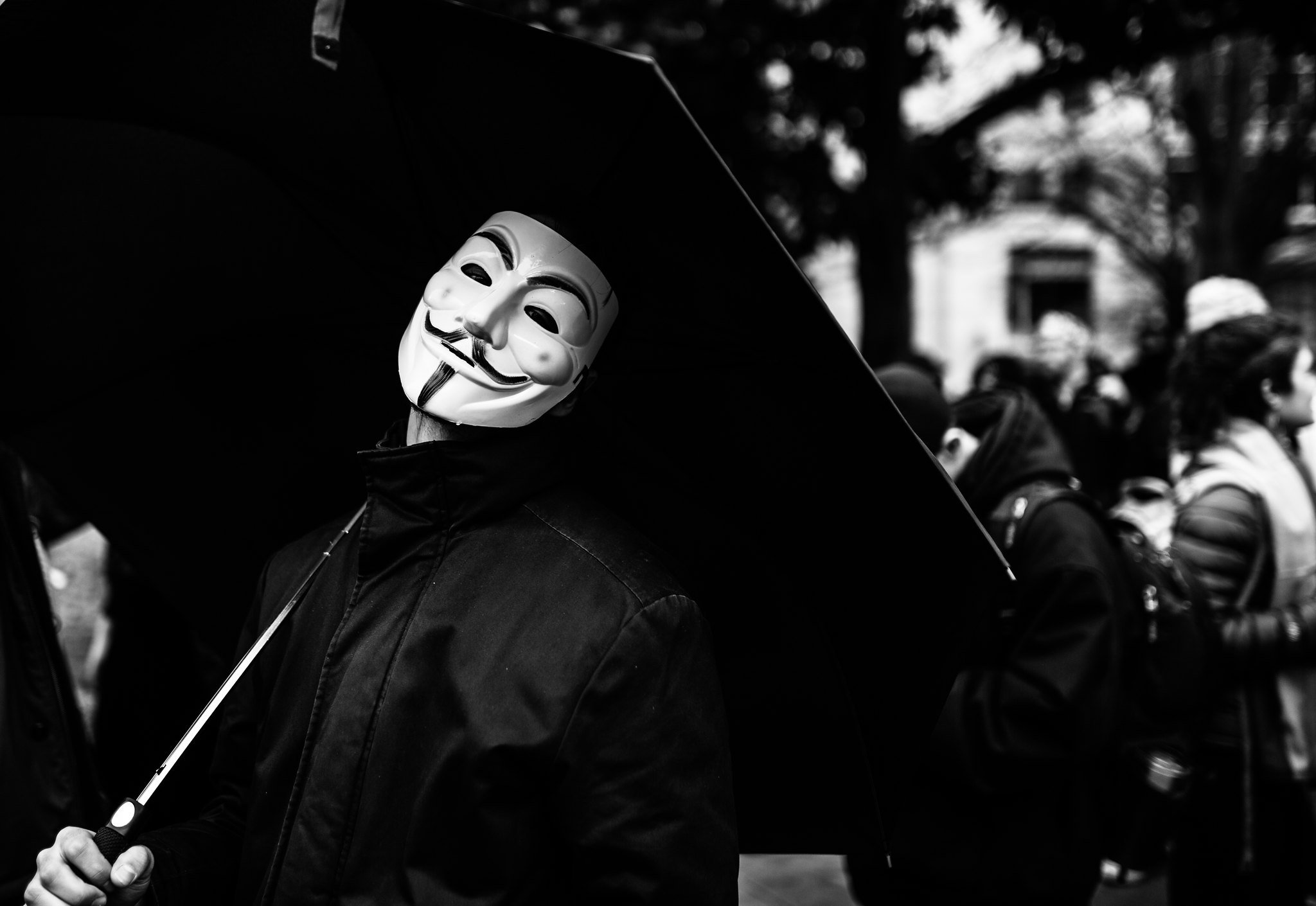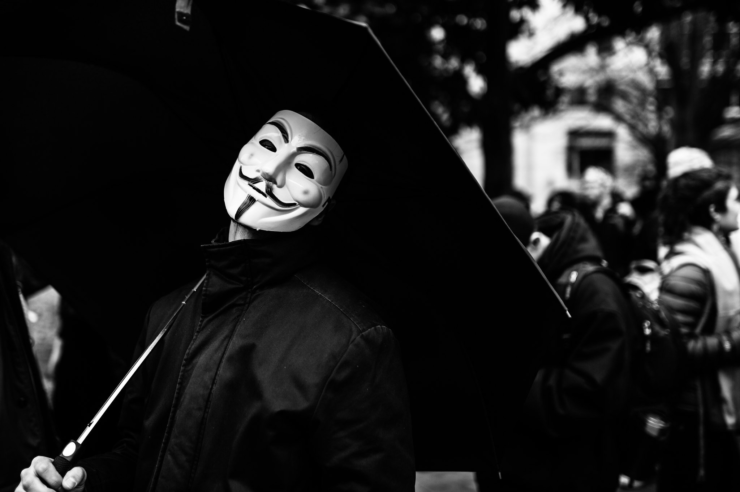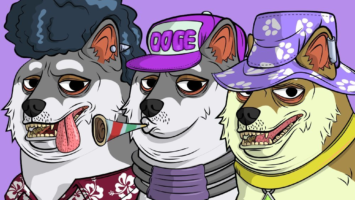Doxxing is a term you’ve probably heard a lot, whether you’re in the NFT space or just on the internet. Needless to say, doxxing someone is a big deal online. As a matter of fact, many view it as an act of cyberbullying. On the other hand, doxxing in the NFT and crypto space has become an important tool in the effort to stamp out scammers.
So is it sometimes ok to doxx someone or is it always taboo? Is doxxing viewed differently in the NFT space than on the rest of the internet? And why do people call it doxxing in the first place?

What does doxxing a person mean?
To put it simply, doxxing (or doxing) is the act of publicizing the identity and/or personal details of a person. Of course, this means putting out information that was not already available. According to many, doxxing is a form of cyberbullying. As a result, people very much look down on the practice in internet culture.
Why is it called doxxing?
The terms “doxxing” and “doxxed” comes from the word documents. To explain, hacker culture in the early days of Web 1.0 shortened documents to “docs”, and then to “dox. Thus the act of doxxing is “dropping docs” on someone. The documents in question would usually be things like addresses, telephone numbers, or financial records.
Interestingly, the iconic hacker collective Anonymous gets credit for popularizing the term. The collective is infamous for doxxing major figures, generally in the stated interest of exposing wrongdoing.

What does it mean to be doxxed in the NFT space?
As with many internet subcultures, anonymity is a major facet of today’s NFT culture, and in crypto at large. Although there is an argument that this has begun to change.
In essence, some people in the NFT space choose to communicate online without ever showing their faces or using their real names. For some, this is for safety reasons, for example, so that they are not an easier target for hackers and other criminals. For others, it is simply a part of the culture and a nod to a future where people create new identities for themselves in the metaverse.
However, there has been more of a push for certain people in the NFT space to doxx themselves rather than stay anonymous. In particular, this is due to the massive number of scams and rug pulls that we have seen in the NFT space over the past few months.
Unfortunately, bad actors acting under anonymous personas have had too easy of a time scamming people and facing no consequences. Whether it be through online phishing or as anonymous NFT project founders, people have a harder and harder time trusting anons in the NFT space. This has led to more people doxxing themselves (often simply by showing their face), particularly project founders.

Do people get involuntarily doxxed in NFTs?
The short answer is yes. Doxxing happens a lot in NFTs. Although it tends to involve just publicizing an anonymous person’s name and/or face. Rarely have we seen people’s personal addresses or other information posted on Twitter as far as anons in NFTs go.
The most notorious instance of which might be the very founders of the Bored Ape Yacht Club. To explain, a BuzzFeed reporter doxxed Yuga Labs co-founders Gordon Goner and Gargamel back in February. To be sure, the absurdly rapid growth of the BAYC makes it extremely unlikely that the men would’ve stayed anonymous for much longer.
Regardless, the reporter took a considerable amount of flack from the NFT space at large at the time. Especially given that she did not assign any wrongdoing to either man and thus, had no obvious reason to reveal their names.
With that said, doxxing happens much more regularly to people connected to malicious activity on the blockchain. Popular blockchain detectives like ZachXBT will occasionally doxx people when their identities come up as part of an investigation into potential crimes.
In contrast, the much more controversial account NFT Ethics also revealed the identities of suspected bad actors regularly. However, the account also received heavy criticism for many of those instances, when people felt that NFT Ethics had done so unnecessarily. This just goes to show how taboo doxxing someone is in the NFT space.
Are you tired of missing important NFT drops?
Check out our NFT Calendar!
Receive the biggest NFT news of the day & recommendations in our Daily newsletter.
All investment/financial opinions expressed by NFTevening.com are not recommendations.
This article is educational material.
As always, make your own research prior to making any kind of investment.






















Comments (No)